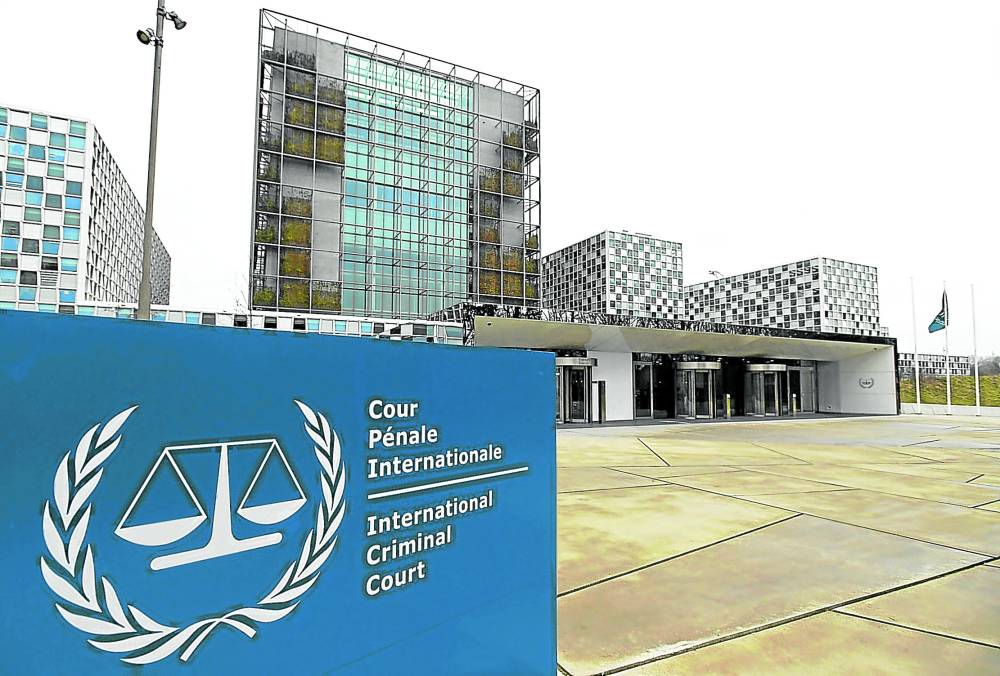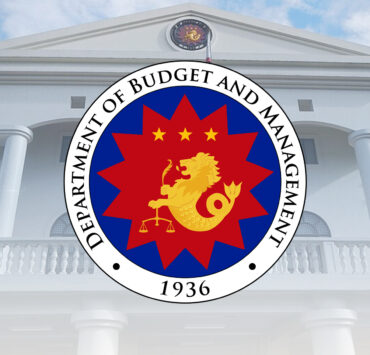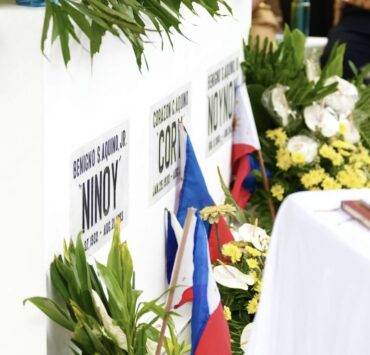US slaps more sanctions vs ICC officials

The United States has imposed more penalties against four officers of the International Criminal Court (ICC) for their supposed role in the investigations and tribunal rulings against its interests and that of its ally, Israel.
The Hague-based tribunal on Thursday condemned the sanctions as a “flagrant attack” on the institution which has jurisdiction over war crimes and crimes against humanity in 128 nations.
The ICC is also investigating former President Rodrigo Duterte for murder as a crime against humanity for the drug war he spearheaded as Davao City mayor and as chief executive.
The US State Department on Wednesday night said Executive Order No. 14203, signed by President Donald Trump in February, banned ICC trial court Judges Kimberly Prost of Canada and Nicolas Guillou of France from owning property in the United States and freezing any assets they may already have in that country.
The order also imposed the same prohibitions on Deputy Prosecutors Nazhat Khan of Fiji and Mame Mandiaye Niang of Senegal. Niang has taken over Duterte’s case since May.
On top of this, the United States said that “transactions … that involve any property or interests in property of designated or otherwise blocked persons are prohibited unless authorized by a general or specific license.”
The US State Department said the executive order was in response to “malign efforts” by the ICC against the United States and Israel officials and personnel, particularly Israel Prime Minister Benjamin Netanyahu and former Defense Minister Yoav Gallant, who are both accused of war crimes and crimes against humanity in the ICC.
But authorities have yet to serve the arrest warrants issued by the Pre-Trial Chamber (PTC) 1 against them in November last year.
Justification for sanctions
Prost, who is assigned to Trial Chambers II, IV and X, is being restricted in the United States for “ruling to authorize the ICC’s investigation into US personnel in Afghanistan,” while Guillou, who is part of Trial Chambers II and IV, is ‘being designated for ruling to authorize the ICC’s issuance of arrest warrants for… Netanyahu and [G]allant,” the US State Department said.
Khan and Niang, on the other hand, are being sanctioned for supposedly “continuing to support illegitimate ICC actions against Israel,” including seeking the issuance of arrest warrants against Netanyahu and Gallant.
The two deputy prosecutors have taken over the leadership in the Office of the Prosecutor (OTP) since Chief Prosecutor Karim Khan stepped aside from his duties in May while undergoing an investigation into his alleged sexual misconduct.
The latest sanctions followed the punitive measures imposed in June by the United States on ICC Judges Reine Adelaide Sophie Alapini-Gansou of PTC 1; Solomy Balungi Bossa and Luz del Carmen Ibáñez Carranza, both of the Appeals Chamber; and Beti Hohler of Trial Chamber V. The string of sanctions began in February with Khan getting the same restrictions in the United States.
The PTC 1 judges and prosecutors are handling the case of Duterte who is currently in The Hague under the ICC’s custody. The prosecutor and deputy prosecutors have been investigating the drug-related murders under the Duterte administration since 2018.
Affront to members
The ICC called the latest punitive measures by the United States a “flagrant attack against the independence of an impartial judicial institution.”
“They constitute also an affront against the court’s state parties, the rules-based international order and, above all, millions of innocent victims across the world,” it said.
A total of 125 nations are parties to the Rome Statute, the treaty establishing the ICC, but while the United States pushed for the Rome Statute, it is not a state party and therefore not a member of the ICC.
The ICC vowed to carry on with its work in investigating and prosecuting alleged crimes against humanity, war crimes, crimes of aggression and genocide in adherence to its mandate “without regard to any restriction, pressure or threat.”

















